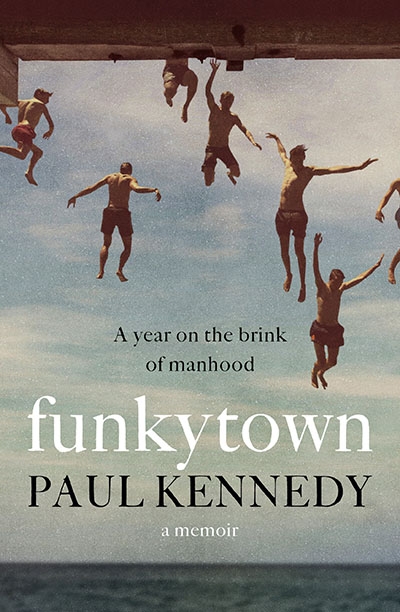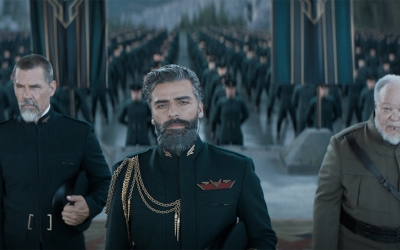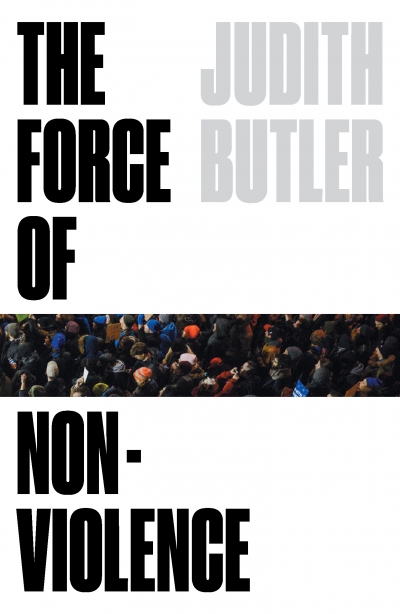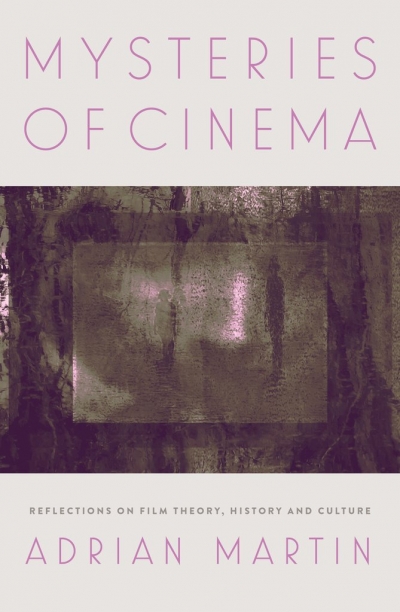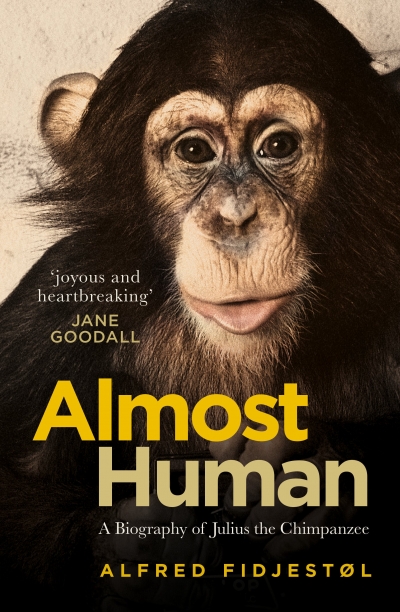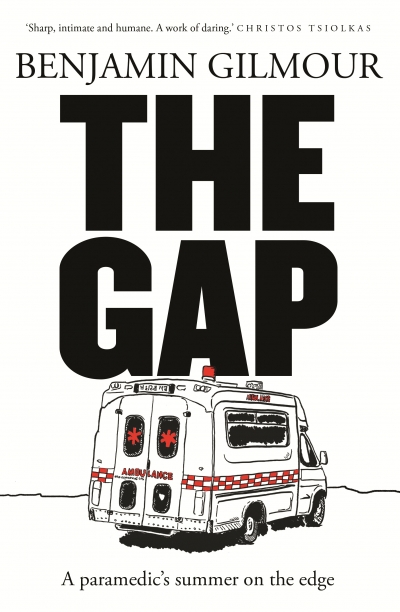Nicholas Bugeja
For decades, Frank Herbert’s epic science fiction novel Dune (1965) was generally regarded as unfilmable, a literary work that defied transposition into another artistic medium. Never one to balk at a challenge, David Lynch embarked on his own adaptation of Dune in 1984. With neither the majesty of Stanley Kubrick’s 2001: A Space Odyssey (1968) nor the commercial appeal of the Star Wars franchise, Lynch’s version largely faded into obscurity, though it has since become something of a cult film. Before Lynch, experimental Chilean filmmaker Alejandro Jodorowsky had, according to Frank Pavich’s documentary Jodorowsky’s Dune (2013), planned a ten- to fourteen-hour production, starring Salvador Dalí, Orson Welles, and Mick Jagger, among others. That project was, unsurprisingly, abandoned; we are left to ruminate on what might have been.
... (read more)The Force of Nonviolence: An ethico-political bind by Judith Butler
Mysteries of Cinema: Reflections on film theory, history and culture by Adrian Martin
Almost Human: A biography of Julius the chimpanzee by Alfred Fidjestøl
‘By the grace of God, the statute of limitations has expired’, pronounces Cardinal Philippe Barbarin (François Marthouret), the Archbishop of Lyon, at a 2016 press conference. He is, of course, referring to the historical child abuse crimes committed by Father Bernard Preynat (Bernard Verley). The press corps is understandably shaken. A journalist rises, indignant: ‘Excuse me, do you realise how shocking that is?’ Barbarin tries backpedalling, to no avail. The words are etched in history, signifying a rare moment of truth nestled among the lies, prevarications, and confidentiality agreements that the Catholic Church has often deployed to salvage its tainted reputation. Yet these tactics have had the opposite effect, further plunging the Church into a profound legal and moral crisis.
... (read more)

